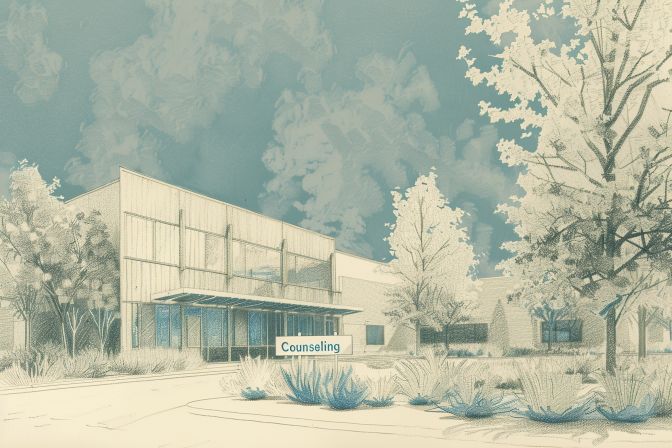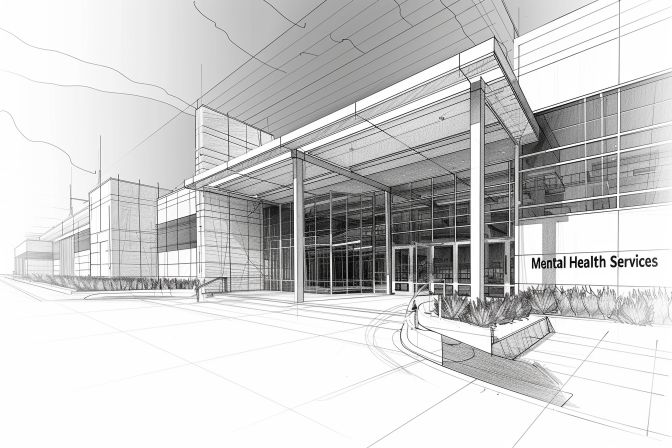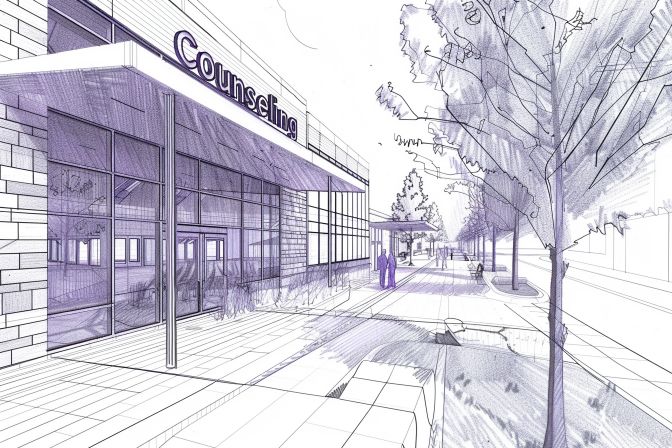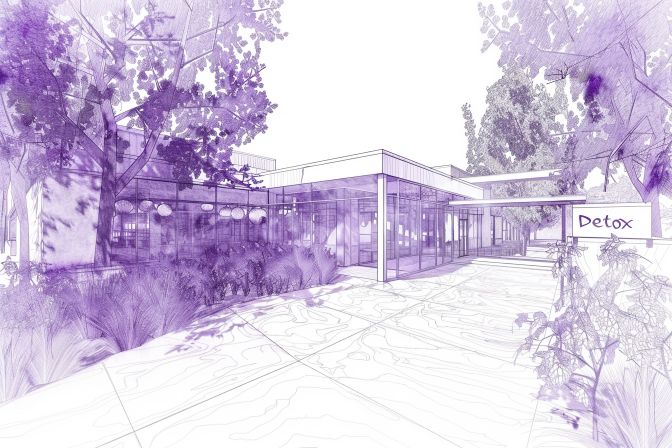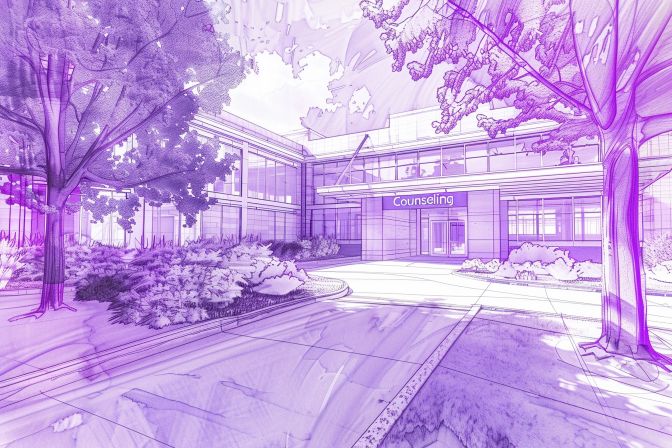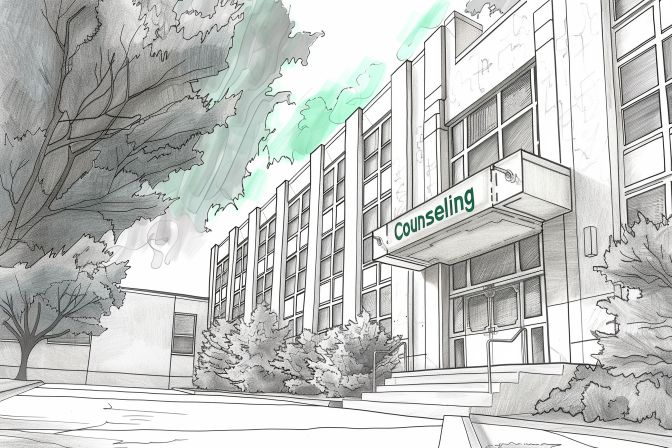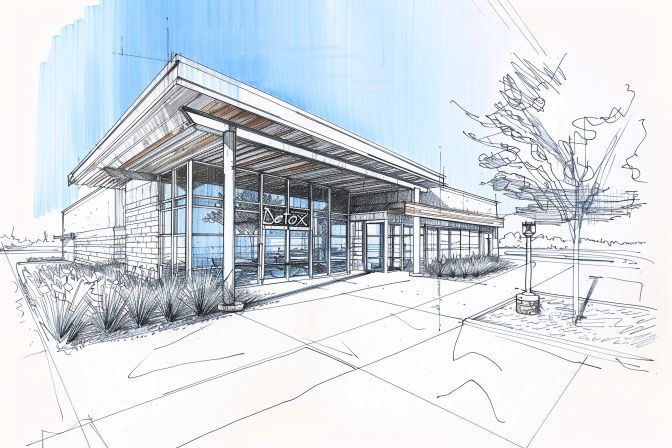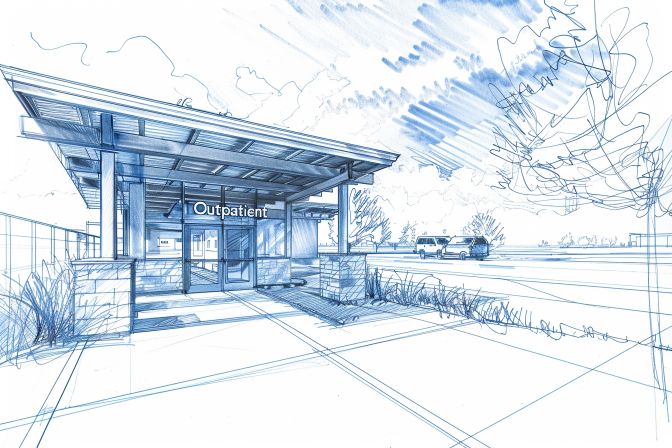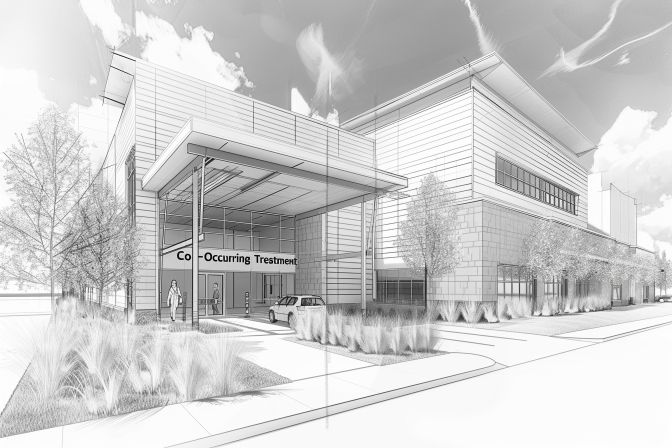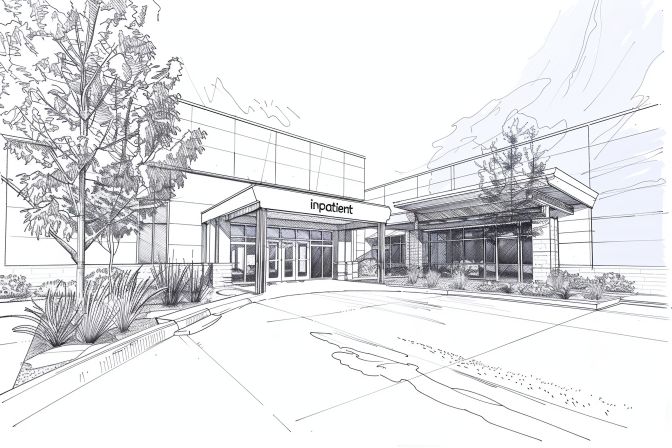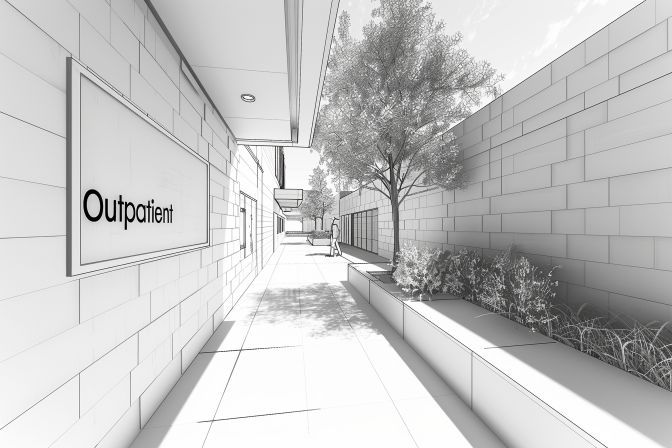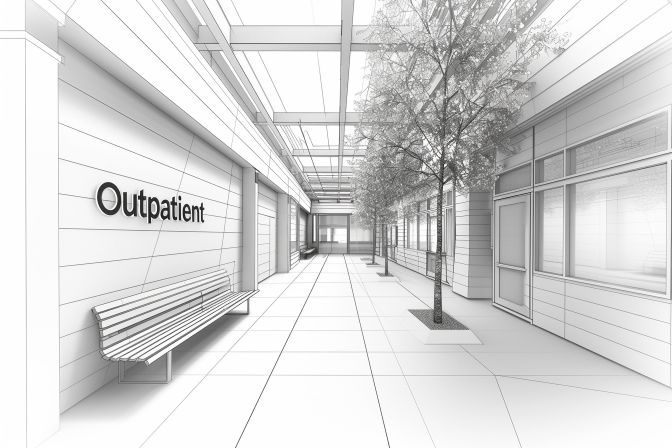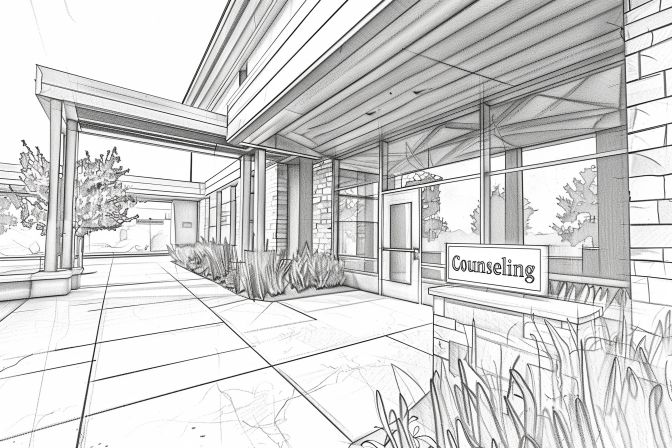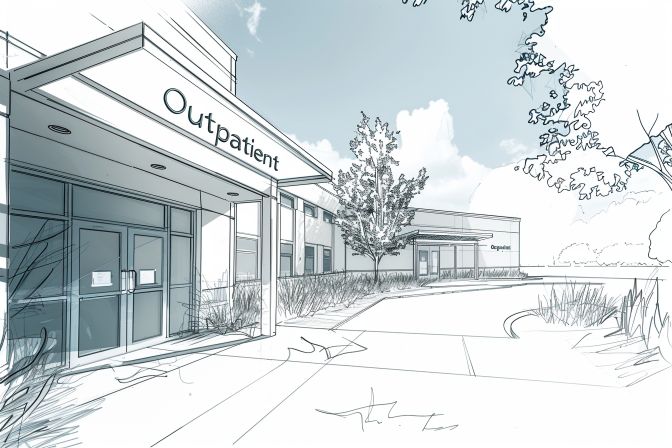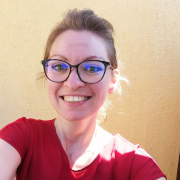Colorado drug abuse overview
Colorado has a population of 5,812,069 people. The most recent data from the 2021 National Survey on Drug Use and Health (NSDUH) found that 1,157,000 people over the age of 12 had abused illegal substances in the past month, around 19.91% of the population. 1,078,000 reported marijuana use in the past month and 1,396,000 in the past year. The report also found that 122,000 Colorado residents had abused cocaine in the past year, 79,000 had abused meth, and 195,000 had abused prescription pain medication. 34,000 people over the age of 18 reported using heroin in the last year. Those reporting opioid misuse including heroin, painkillers, and fentanyl in Colorado totaled 193,000 people.
Substance abuse in Colorado
Colorado exhibits higher rates of substance use disorder than the US, with 9.09% for the 12-17 age group, exceeding the U.S. average of 6.78%. The adult prevalence in Colorado is 10.58%, substantially above the national figure of 8.77%.[1]
Substance misuse
Colorado has a substance misuse rate of 10.68% for teenagers in the 12 to 17 age group and 21.15% for adults over 18. By comparison, the total U.S. averages are considerably lower for both categories, reaching 7.09% in the 12-17 group and 15.03% in the 18+ age range.[1]
Marijuana misuse
The marijuana misuse rate in the total US is 10.47% for the 12-17 age group and 19.59% for the adult population. Colorado sees a high uptick in marijuana use cases in the 12-17 group, with 17.52% of adolescents using marijuana. The 18+ category also sees markedly higher consumption rates than the national average, at 25.41%.[1]
Cocaine misuse
Cocaine misuse in Colorado is more than double in the 12-17 age group at 0.36% compared to the national average of 0.15%. The national cocaine average use rate is 1.86% in the over-18 population, slightly below Colorado’s rate of 1.95%.[1]
Heroin misuse
Heroin misuse is not quantified in the 12-17 age range in the US and Colorado, showing a very low consumption rate. In the 18+ category, the national average is 0.43%, whereas Colorado heroin consumption is much lower at 0.27%. The 18-25 age group sees a 0.20% heroin use rate in the US, but lower at 0.17% in Colorado.[1]
Methamphetamine misuse
Methamphetamine misuse is 0.14% across the US for the 12-17 age group and 0.99% for adults over 18. In Colorado, the percentage is higher in the 12-17 category, at 0.17%, but lower in the 18+ category, at 0.94%.[1]
Prescription meds and opioid misuse
Colorado’s prescription med consumption rate is 2.24% for the 12-17 age range, 1.17 higher than the 1.91% national average. Opioid consumption rates are the same both across the US and in Colorado.[1]
The 18+ category sees a lower consumption rate of 2.98% for both prescription meds and opioids. However, the national average is 3.24% for prescription drugs and 3.44% for opioids in this age group.[1]
Colorado and alcohol abuse
Alcohol misuse was also reported in Colorado with 2,900,000 people over the age of 12 saying they had used alcohol in the last month and 1,313,000 reporting binge drinking. The perceived risk of people over 12 years of age indulging in problematic alcohol use (5 or more drinks twice a week) in a month was 2,399,000 people.
Colorado overdose deaths
In 2021, Colorado saw a total of 1715 recorded drug-related overdose deaths. This includes those that were accidental or unidentifiable but excludes those that were related to suicide or homicide. This puts the overdose death toll in Colorado at 29.5 people per 100,000. The total number of alcohol-related deaths (including overdose and all other causes) was 1695 or 29.1 per 100,000 people.
Colorado substance use disrorders
The NSDUH report recorded the total amount of substance abuse disorders in Colorado and those who currently require treatment. The report found that 1,087,000 were recorded as having a substance use disorder (SUD) and 713,000 had an alcohol use disorder. 109,000 people were recorded as having an opioid use disorder including those with painkiller, heroin, and other opioid-based drug use disorders.
Colorado addiction treatment
There are many who have been diagnosed with or reported a substance, illicit drug, or alcohol use disorder that require rehab treatment and are not receiving it. The report found that 535 people in Colorado needed treatment for illicit substance abuse, 701,000 required treatment for an alcohol use disorder, and 1,022,000 needed treatment for a diagnosed substance use disorder.
Colorado addiction statistics
- In Colorado the percent of treatment admissions for methamphetamines has doubled from 3% in 2012 to 6% in 2016 and substantially increased for heroin from 4% in 2012 to 7% in 2016
- Fentanyl-related death rates per 100,000 people more than quadrupled in Colorado since 2016
- According to an article by NPR, crystal meth was involved in nearly 300 overdose deaths in Colorado in 2018
How should I choose a rehab center in Colorado?
Not all rehab centers in Colorado offer the same services or cater to the same needs. Considering the factors below will help you make a better decision according to your needs.
- Check the accreditation documents to ensure the facility adheres to high treatment standards.
- Verify whether the clinic or rehab center offers treatment programs for your specific substance use disorders.
- Inquire about inpatient or outpatient services that may suit the severity of your addiction.
- Assess the variety of therapies provided, such as individual counseling or group sessions, and any additional amenities that support recovery.
- Check the qualifications and experience of the facility’s staff in addiction treatment.
- Explore aftercare options, which you may need to sustain long-term recovery.
- Consider the costs and whether they fit into your insurance coverage or budget.
- Consider the center’s approach to outdoor and adventure therapy, which leverages Colorado’s natural landscape for healing.
How much does rehab treatment cost in Colorado?
Colorado is the 11th cheapest state in the US in terms of drug treatment.
The average outpatient rehab in Colorado costs $1,705, whereas the national average is $5,700 per 30 days. Outpatient programs range from $1,400 to $10,000 across the US.[2]
Inpatient rehabilitation in Colorado and across the US lasts approximately 28-30 days. The average price for such a program is $12,500, meaning $575 per day. You may also be required to pay an additional $3000-$4000 admission fee.[2]
Residential addiction treatment depends on the severity of your addiction and may vary from 3 weeks to 12 months. The average residential rehab cost in Colorado is $56,413, whereas the price ranges from $5,000 to 80,000 in the US.[2]
Drug and alcohol detox programs reach an average cost of $525 per day, meaning an average of $3,675 for a typical 7-day plan.[2]
Funding has long been a major obstacle in seeking addiction treatment. Despite any willingness to recover, progress tends to pause when finances come into play.
Private insurance can go a long way in making rehab treatments more affordable. Medicaid is also a viable option for those without private insurance. Although not all treatment centers accept state assistance, many drug and alcohol rehabs in Colorado welcome it.
Colorado free rehabs are hard to come by due to resource limitations, but many non-profit organizations do give free treatments of varying levels. Most provide outpatient services and limited residential rehab. Meanwhile, support groups are a good way to gain a supportive circle for recovery. AAs are time-tested, free outlets for those who need relatable peers.
Addiction treatment for teens and young people in Colorado
There are a lot of rehab centers that specialize in youth addiction treatment programs, such as those in Denver, Colorado Springs, and Boulder. This kind of age-specific treatment incorporates age-appropriate programs that differ from those applied to adults.
These facilities tend to encourage peer-to-peer interactions, to create a nourishing and esteem-building environment for the teens. Familial connections are highly encouraged here. Clients also receive accredited academic support during their stay.
Are there any specialized treatment options I should consider?
Colorado has different specialized treatment options you may consider. For example, the state offers drug recovery assistance to populations at risk, such as the LGBTQ+ community, women, homeless people, and state prisoners. Youth prevention and treatment options are also available.
Colorado also offers luxury rehab centers, outdoor rehabilitation programs, and art-based therapy. Holistic approaches like acupuncture for withdrawal symptoms and faith-based centers are available as well.
Addiction support groups in Colorado
There are plenty of addiction support groups in most cities in Colorado, normally in more populated locations. These support groups are free and usually headed by an experienced guide or leader, typically licensed counselors. Some support groups only host people currently battling addiction, while others host actively sober individuals. Separate support groups for families of those with addiction are also spread throughout the state.
These groups meet intermittently at a pre-discussed location or via video conference.
Government addiction treatment assistance in Colorado
Beyond Medicaid, the state of Colorado does not currently provide further financial assistance or services for addiction rehabilitation. However, there are federal initiatives that can be benefitted from by Colorado residents.
The Substance Abuse and Mental Health Block Grants by the Substance Abuse and Mental Health Service Administration (SAMHSA) give grants to eligible applicants, to be used towards promoting public health and treating substance abuse.
Colorado does extend assistance and guidance for state employees through the Colorado State Employee Assistance Program (CSEAP) website.
- United States Government (2023, March 8). 2021 NSDUH: Model-Based Estimated Prevalence For States. SAMHSA Substance Abuse and Mental Health Service Administration. https://www.samhsa.gov/data/report/2021-nsduh-state-prevalence-estimates
- (n.d.). Average Cost of Drug Rehab. National Center for Drug Abuse Statistics. https://drugabusestatistics.org/cost-of-rehab/
- (n.d.). Drug Overdose Mortality by State. Centers for Disease Control and Prevention. https://www.cdc.gov/nchs/pressroom/sosmap/drug_poisoning_mortality/drug_poisoning.htm

